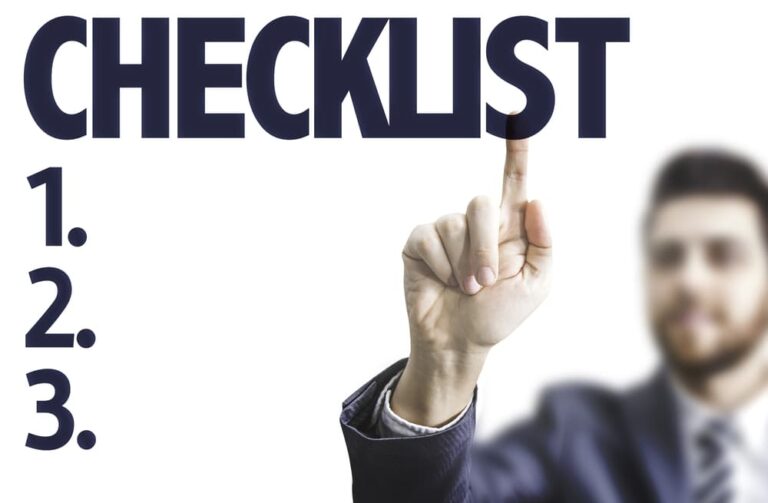The end of the year is fast approaching. If you want your business to hit the ground running in the new year, now’s the time to get organized with your end of year checklists. Here are some essential areas to cover as your company prepares for 2020.
Business Plan
Go through your business plan and compare your stated goals with your progress in 2019. Have your goals been met? If so, it might be time to formulate new goals. Remember that a business plan is a work in progress. It should change as your business grows. Review the section that refers to your employees. Do you see a need for change in the personnel? Do you need to hire new staff in the new year? If so, contact an employer company that will help you to recruit fresh talent. After you’ve reviewed your business plan, draft a fresh copy to keep on hand. If you need funding in 2020, your business plan will be all ready to present as part of your application package.
Depreciation
Now is the time to start looking at how you are going to depreciate your business assets. Since the Tax Reform of 2018, the IRS allows new methods for depreciation that enable you to earn more in depreciation value. Talk to your CPA about whether you should alter the way you handle your business deprecation schedule. If you determine that some changes are in order, you might find that you missed some opportunities on last year’s return. If this is the case, you can get a cost segregation study and file an amended return on last year’s filing.
Employee Information and Benefits
The end of the year is the perfect time to polish up your employee records. Have your HR company go through and make sure that the contact information for each employee is up to date. You should also make sure that you have I-9s on file for each employee as well as W-2s. Finally, it might make sense to meet very briefly with each employee to determine if they want to make any benefits changes. This includes insurance coverages, and well as any private benefit options your company offers, such as flex time.
Insurance Coverage
How is your business insurance coverage? If you had business growth during the year, you may have additional assets that need to be covered. If you experienced downsizing, you may find yourself over-insured. You might be able to save some money by reducing coverage. Lastly, it’s always worth it to do some price comparisons.
There are always a million things to do at the end of the year. Why not make things easier on yourself and your staff by outsourcing your HR needs? Contact Employer Flexible to learn more about all the tasks you can successfully offload to a qualified expert employee company.






